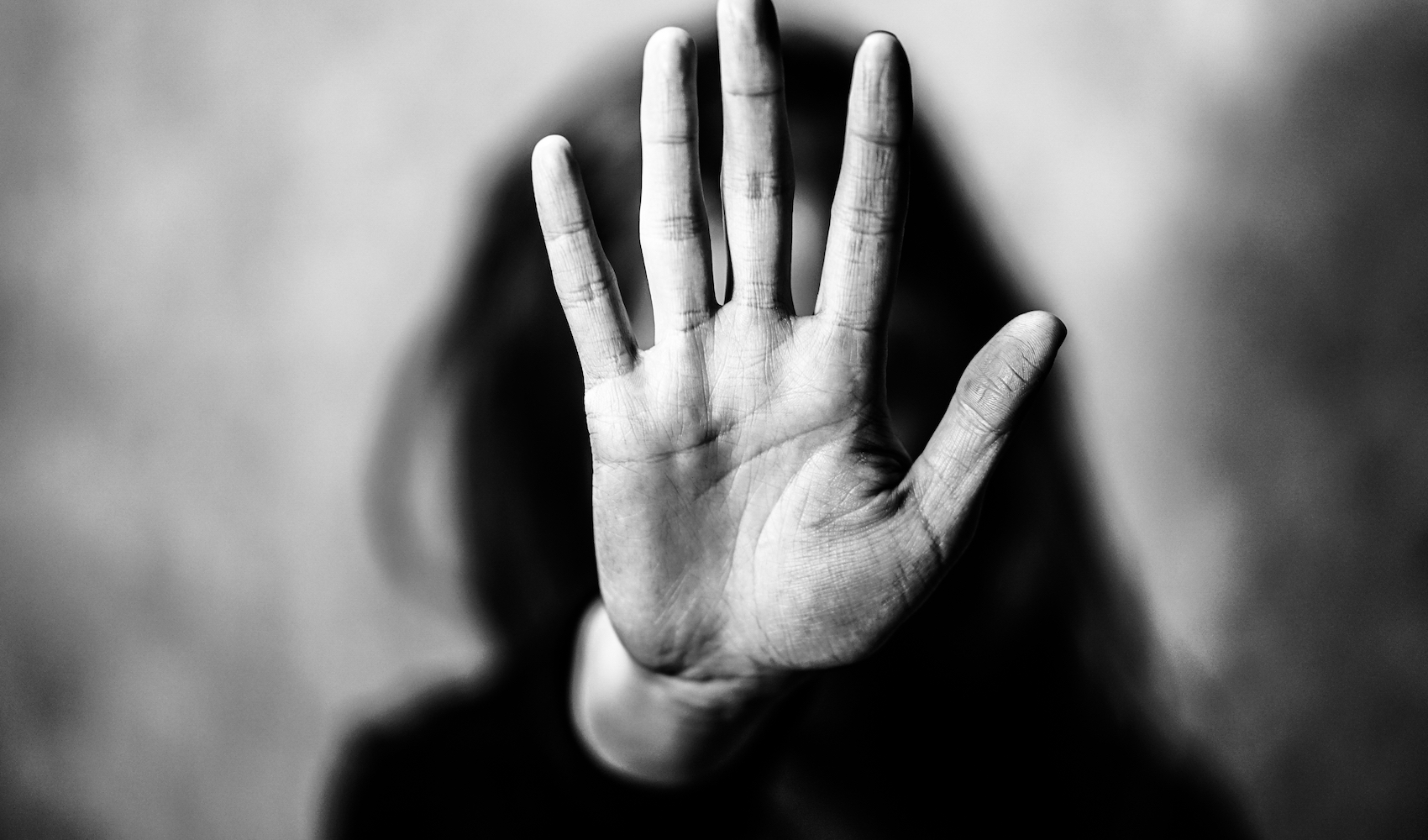


The Home Affairs Minister has laid bare the scale of violence against women in the island, with statistics showing that in 2021, 93% of domestic sexual offences were perpetrated on women.
Speaking in the States Assembly on Tuesday morning, Deputy Gregory Guida acknowledged that violence against women was something his department needed to “work on.”
"In 2020, 22% of all assaults, 16% of all serious violence, and 20% of all violent crime were perpetrated by a male suspect against a female victim," he outlined.
"In 2021, 20% of all assaults, 21% of all serious violence, and 20% of all violent crime were perpetrated by a male suspect against a female victim.
"These figures change dramatically when you look at sexual crime: They come up to 67% of female victims and 88% in 2021.
"If you look at domestic violence, the figures again change dramatically: 73% of victims of domestic abuse are female, and if you limit those figures again to domestic violence and sexual offences, we're talking about 93%.
"So 93% of victims of sexual offences in a domestic setting are female."

Pictured: The Home Affairs Minister urged any women who have been victims of violence to "come forward."
In response to questions, he noted that he did not have a figure on hand as to which ones related to drink and alcohol, but he said he knew it was "pretty high", and is a "major, major issue in domestic violence". He later confirmed that a new alcohol and drug strategy for the island was being created.
Discussing the ways the Government were looking to tackle these numbers, he said that: "A number of initiatives are currently in place or are in the process of launching - this includes a Task Force on improving women's safety as agreed in the Government Plan."
He added they were also lodging a new domestic abuse law to be debated in March.
Deputy Guida also mentioned that following a 'Violence against Women and Girls' delivery plan published by the National Police Chief's Council could be another way of tackling the issue.
He explained that the plan "looks at three paths: one of them is creating a safe space for women, the other one is to relentlessly pursue perpetrators, and I think that's very important and probably the most difficult thing."
"The third one is quite interesting as it was found as one of the most important parts, is rehabilitation, is working on offenders," he continued.
"We know that perpetrators of sexual violence are a small group of repeat offenders and, it is quite clear that working on them is going to be a very large part of the solution."
Deputy Guida also added that there was a 2022 "action plan" for rape and various other sexual offences in place.

Pictured: In 2021, 20% of all assaults, 21% of all serious violence, and 20% of all violent crime were perpetrated by a male suspect against a female victim.
Furthermore, he urged any victims to come forward, saying: "It seems that domestic violence has come down a little bit in the last three years. But of course the very big problem with sexual violence and domestic violence is the detection rate, is how many cases actually come to the knowledge of the authorities and how many cases can be pursued.
"So again, there shouldn’t be a barrier to declaring an instance of domestic violence or declaring an instance of sexual violence. Come forward, you will be helped."
When queried by Deputy Louise Doublet on whether he understood the term 'rape culture', Deputy Guida said that he was "shocked" by the term, which he said was "invented in America in a completely different context than the one that is used here."
"We have a patriarchal culture in Europe which also exists in Jersey. This is something that can be worked on and that can be fixed over the years, so there is a problem that we can fix," he said, adding that the term 'rape culture' was "still offensive" to him.
He added in response to a follow up question that "there is nothing that can excuse rape", but that it will be "difficult to eradicate".
"Some of it is cultural, some of it is because some people are born predators or become predators because of the circumstances in their life, but we must be relentless in their pursuit.
"We must find them, we must punish them, we must rehabilitate them, and I am very very clear with that."
The figures and vow to work on the issue comes after Deputy Guida was last year the subject of criticism, following a number of comments he made in the States Assembly.
His remarks on drink spiking, sexual harassment and assault left States Members "visibly appalled", according to Deputy Louise Doublet at the time.
He had said that while there had been 25 incidents of spiking reported over the last two years, none had been confirmed as drink spiking, as in almost every case, the outcome had been confirmed as "excess alcohol consumption".
He then went on to say the "first drug" used for spiking was alcohol and that people "must be aware this is a possibility and be careful with their drinks".
After this Deputy Doublet teamed up with other States Members who had expressed an interest in the issue and wrote to the Minister, urging him to carry out a survey about the issues of sexual harassment and sexual assault, which he agreed to recommend during the hearing, as well as a 'cross-departmental strategy' on the topic.
If you have been sexually assaulted or experienced sexual harassment, you can contact:
Comments
Comments on this story express the views of the commentator only, not Bailiwick Publishing. We are unable to guarantee the accuracy of any of those comments.